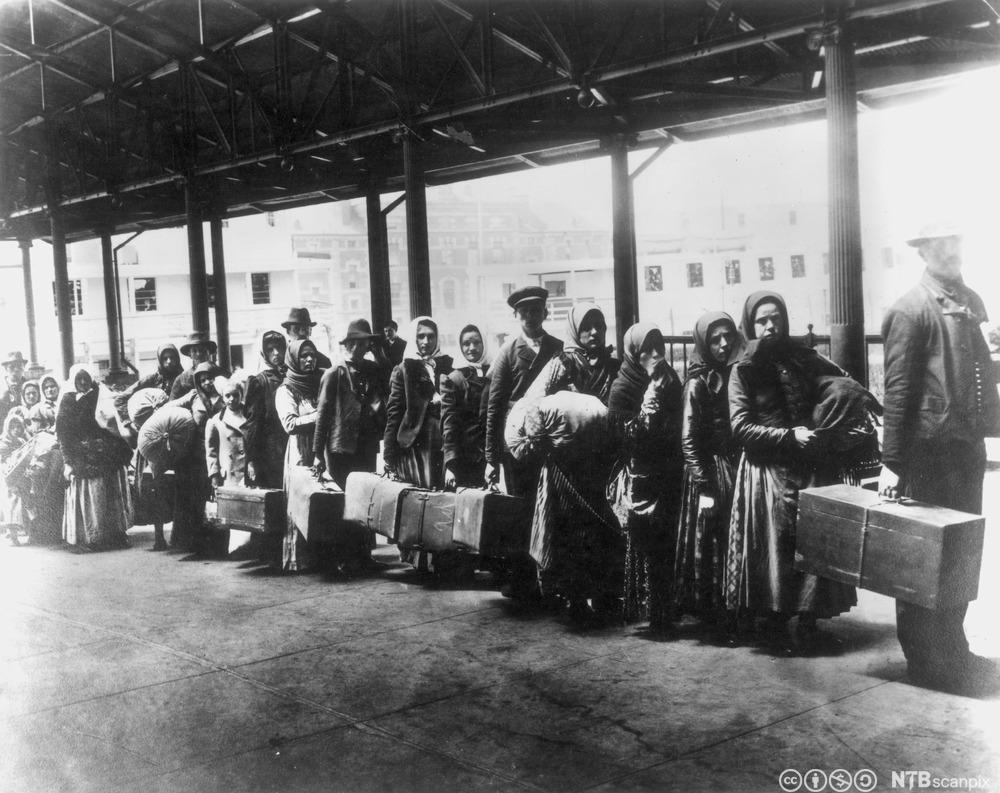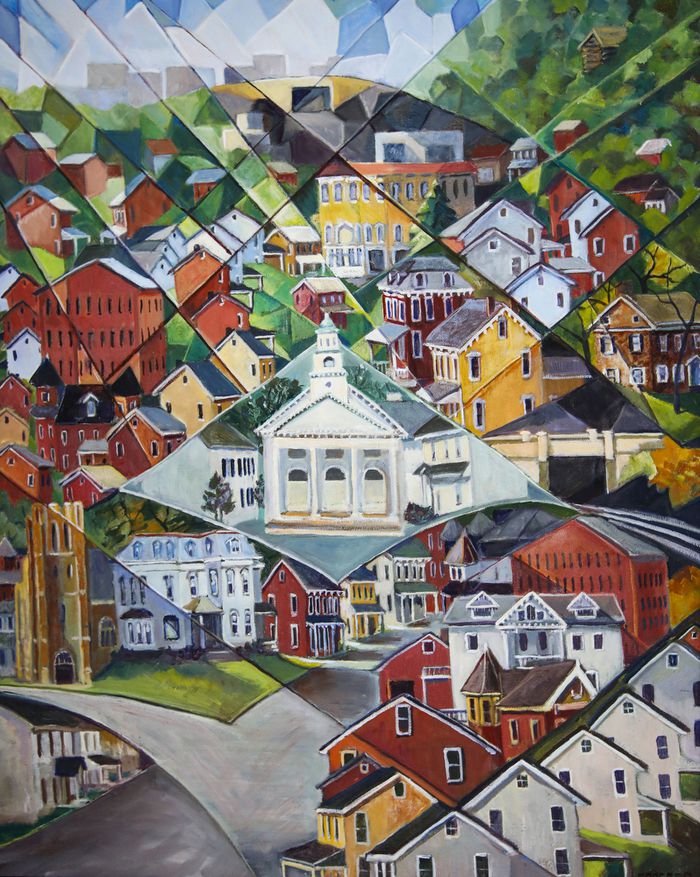Struggles of Migration

People are always moving. People are constantly migrating, whether from states of mind, ideas, or moving from one place to another. When people end up moving, there are always a series of emotions and struggles that follow.
When I first moved from America to Japan a few years back, I was torn between two states of mind: on the one hand, I was excited to learn about a new culture and gain more knowledge about the world. My parents always taught us that new opportunities would help us understand more about the world and improve ourselves from a young age. Yet, I had amassed many friends, and the fact that I had to leave them behind disappointed me.
This idea that migration is a double-edged sword — it can bring together people of different cultures, but it can also cause pain for immigrants — is exemplified by the poems “América” by Richard Blanco and “the children of immigrants” by Lenelle Moise. In the poem “América,” Blanco writes about how different cultures celebrate holidays such as Thanksgiving. In “the children of immigrants,” Moise focuses on the experience as a first-gen immigrant to America, directing her attention to her childhood. Both poets use imagery and symbolism to explore how cultural differences cause struggles for immigrants and their families.
Richard Blanco writes about how even while living in a melting pot of cultures in Miami, he and his family still preserve some of their traditions: “There was always pork though… / even on Thanksgiving day—pork, / fried, broiled, or crispy skin roasted.”
The quote symbolizes Blanco’s Cuban heritage blending in with his American surroundings. Pork is an essential dish in Cuban culture, as the Spanish colonizers brought foods such as pork, and the cultural diffusion through this process made pork an integral part of Cuban culture. By discussing the use of pork in his family's dishes, Blanco shows how he and his family have brought a piece of their culture to America.
One of the main themes Blanco cultivates throughout the poem is that people of different backgrounds and cultures can coexist. Blanco focuses on his childhood experience for the poem, and in certain parts of the poem, he shows how he stands between different cultures. When he wants to have turkey at his family's annual Thanksgiving celebration, his family objects and only wants to have pork. The examples demonstrate that he is stuck between many cultures as he can't explore any culture without his parents' criticism.
Poet Lenelle Moise echoes this idea of feeling stuck between various cultures in the poem “the children of immigrants”. In the poem, she talks about her experiences in high school: “I will never play Seven Minutes in Heaven / At home, I am a bridge, a cultural interpreter, a spokesperson, a trusted ally, an American who is Haitian too, but also definitely American."
In the quote, the game “Seven Minutes in Heaven” serves as a symbol of an American experience she will never get to go through since her parents forbid her from doing so. Even though she grew up in America, her parents prevented her from going through the average high school experience that her American counterparts would go through. She cannot easily explore either her Haitian or American culture and is stuck in the middle of both. This shows that migration causes struggles for immigrants, as the poets are stuck between both cultures and unable to explore either one.
Another similarity between the two poems is that both poets use imagery to show how cultural differences cause their parents’ struggles. In “the children of immigrants,” author Lenelle Moise states, “In Haiti, [Moise's parents] were middle class... They gave up everything they knew to inherit the American dream." Moise uses powerful imagery to evoke her parent’s struggle in the reader's mind, going into great detail describing all the various jobs her parents had. One of the main reasons the parents of both poets struggle to make ends meet is due to the cultural differences in the United States. Back home, most of their parents had degrees and other qualifications which allowed them to climb the economic and economic ladders. However, once they come over to the United States, these past achievements are meaningless, and their parents have to work hard to put food on the table.
On the one hand, the poem “América” focuses on the immigrant experience, showcasing how people of multiple cultures interact with one another. On the other hand, the poem “the children of immigrants” focuses on how a first-gen immigrant awkwardly stands between her Haitian and American culture. Combined together, both poems are similar as they use symbolism and imagery to convey the struggles of migration on immigrants and their families.


